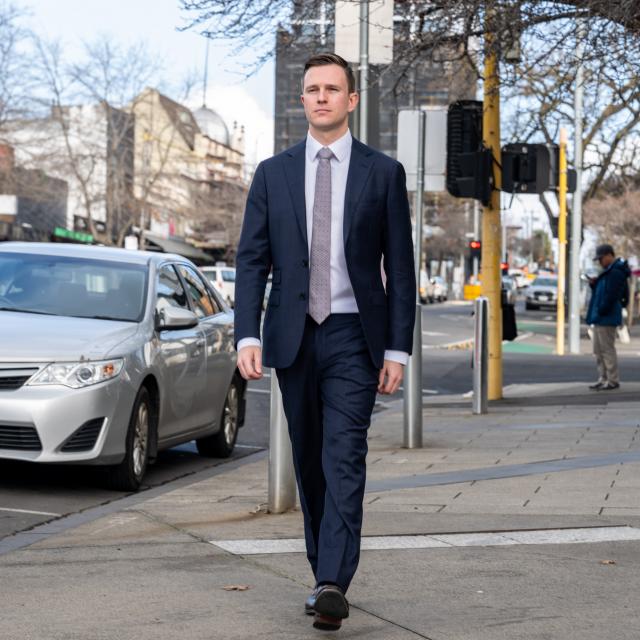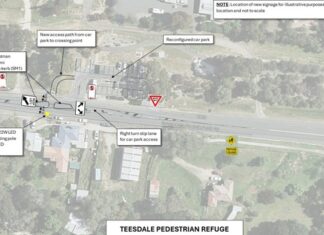The old Victoria Hotel is central to the sporting history of Geelong.
The landmark 19th century watering hole hosted the meeting that created the Geelong Football Club in 1859.
A plaque celebrating this famous link adorns the corner of Moorabool and Malop streets, where the pub once stood.
But it isn’t as widely known that the Victoria Hotel was also home to another long-running institution.
In mid-1873, a series of talks were held at the hotel, to discuss the merit of basing a rowing club on Corio Bay.
The idea was borne out of a desire to create a club that would accommodate men who were working on the Geelong docks.
There would be no class barriers to entry, which was a point of difference in this era.
Plans were formalised, and George Frederick Belcher – who would soon become mayor and later a member of Victoria’s parliament – was elected as the club’s inaugural president.
In early October 1873, the club held its first competition on our north-facing bay.
Despite a temporary move to the Barwon River during the 1920s, the club remained on the waterfront until 1965.
It has called its current boat shed site on the river home since then, without ever forgetting its heritage and original purpose.
The club’s story is one in a long line of fascinating tales that are found in Geelong’s rich and diverse sporting history.
I was stunned to learn earlier this year about the city’s claim to be home of the oldest published set of rules for the game of hurling.
A group of Irish emigrants played a structured match in Germantown (now known as Grovedale) in 1863, more than 20 years before rules were first adopted in Ireland.
The 160th anniversary of the ‘Geelong Rules’ was marked at the National Celtic Folk Festival in Portarlington, adding another layer to the cultural celebration.
Sport has, and continues to, leave an indelible mark on our social and cultural life in Geelong.
As evidenced by the series of winter sport finals we’ve enjoyed in recent weeks, our clubs and organisations bring a wide cross-section of residents together.
The health benefits, and the social connections that are fostered during and after the contest, help create a strong and tight-knit community.
This connection – forged over multiple generations – speaks volumes about sport’s enduring worth and the people who dedicate their time to ensure their clubs remain strong and sustainable.
Corio Bay Rowing Club stands tall among its Victorian peers, having been named the state’s Champion Club of the year three times since 2018.
But it balances this high achievement by priding itself on encouraging and increasing participation.
This ethos – of being a welcoming place for all – is ultimately the true measure of success. There have been several events this year to mark this club’s 150th anniversary, and I wish them well
for their special dinner on 14 October.
There are many current and historical achievements to celebrate, and a lot of exciting times to look forward to.
I’d like to congratulate the club’s leaders and members on helping to create such a strong club, and for continuing to promote rowing and physical activity to all sections of the community.







